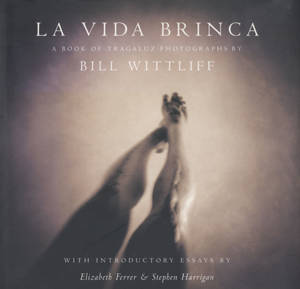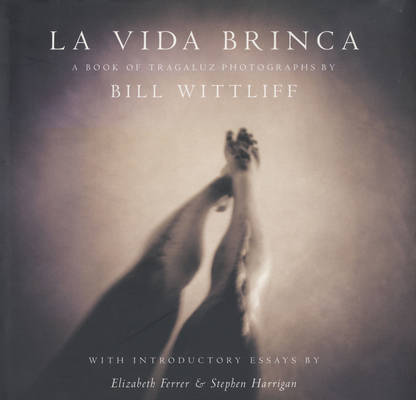
- Retrait gratuit dans votre magasin Club
- 7.000.000 titres dans notre catalogue
- Payer en toute sécurité
- Toujours un magasin près de chez vous
- Retrait gratuit dans votre magasin Club
- 7.000.000 titres dans notre catalogue
- Payer en toute sécurité
- Toujours un magasin près de chez vous
Description
La vida brinca--life jumps--and yet we strive to capture its passing moments by creating images. One of the simplest yet most evocative techniques for image-making is pinhole photography. Using a tiny aperture without a lens to shine light on a piece of film, pinhole cameras accumulate light until an image forms. Bill Wittliff calls the cameras he makes tragaluces, "light swallowers." By controlling only the size of the aperture, the distance to the film, and the length of the exposure, he makes images that forsake the documentary realism of traditional photography to disclose instead the presence of the mystical in the everyday world.
The tragaluz photographs in La Vida Brinca record iconic images of Hispanic life. Wittliff photographed fiestas, religious observances, street scenes, people's faces, and enduring rural landscapes. But with the soft focus and surprise elements that typify his tragaluz photographs, these images become dreamlike--scenes from a world where, as Stephen Harrigan says, "reassuring touchstones are likely to dissolve, and where the unseen is always startlingly on view." The accompanying essays by Harrigan and Elizabeth Ferrer discuss the history and techniques of pinhole photography, as well as Bill Wittliff's artistic choice to work in this medium. As a work of art, La Vida Brinca reveals that pinhole photography is an ideal vehicle for finding profound meaning in the commonplace, for seeing beyond what the eye can see.
Spécifications
Parties prenantes
- Auteur(s) :
- Editeur:
Contenu
- Nombre de pages :
- 184
- Langue:
- Anglais
Caractéristiques
- EAN:
- 9780292713208
- Date de parution :
- 01-03-06
- Format:
- Livre relié
- Format numérique:
- Genaaid
- Dimensions :
- 304 mm x 360 mm
- Poids :
- 2095 g







